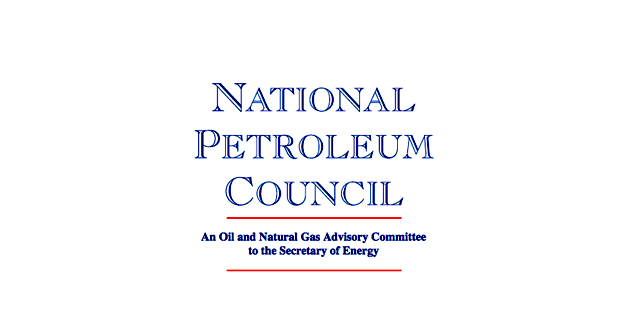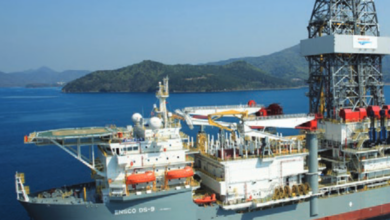National Petroleum Council: US can safely tap Arctic resources to secure energy needs

Prudently developing US Arctic oil and natural gas resources would enhance America’s position as a global leader in energy production for the next 35 years or more, the National Petroleum Council (NPC) concludes in a new study. “Arctic Potential: Realizing the Promise of US Arctic Oil and Gas Resources,” approved at the 125th meeting of the NPC held in Washington, DC, on 27 March, found that the United States’ large Arctic oil potential, similar in scale to Russia and larger than Canada and Norway, can be safely explored for and developed with the technologies in use today while providing for environmental stewardship. Decades of new production from the Arctic, which holds a significant portion of the world’s undiscovered conventional oil and natural gas, will play an increasingly important role in meeting future global energy needs, the report said.
“The United States is an Arctic nation with broad and fundamental interests in the region,” Liz Sherwood-Randall, Deputy Energy Secretary, said. “In the Arctic, we seek to meet national security needs, develop economic opportunities, protect the environment, responsibly manage resources, support scientific research and strengthen international cooperation on a wide range of issues.”
If new offshore exploration drilling in Alaska starts now and development continues into the 2030s and 2040s, US Arctic production would help sustain domestic supplies as production of US shale oil and tight oil may decline in the Lower 48 states, according to the report, citing US Energy Information Administration forecasts. “The study is a result of significant collaboration by Arctic experts from government, the industry, non-government organizations and Native Alaskans,” Rex W. Tillerson, Chairman and CEO of ExxonMobil and study committee chair, said. “We concluded that technology exists today to safely and responsibly develop the US Arctic and is supported by nearly a century of experience in the region.”
The report said the Arctic environment poses some different challenges relative to other oil and natural gas production areas but is generally well understood.
There have been substantial recent technology and regulatory advancements to reduce the potential for and consequences of a spill, and application of these technologies could improve environmental stewardship, enable safe extension of the Arctic drilling season and reduce costs. The oil and natural gas industry has a long history of successful operations in Arctic conditions enabled by continuing technology and operational advances, the report said. The economic benefits to the region and country of continued Alaska energy development would be significant, the report stated. Oil and gas development currently accounts for one-third of Alaska’s economy and provides about 90% of its general revenue. Oil and gas property taxes for the North Slope Borough have exceeded $180 million annually since 2000, representing about 60% of its annual operating budget. One-third of Alaska’s jobs—127,000—are oil related and depend on oil production.
The study cites an assessment by Northern Economics and the University of Alaska Anchorage, which estimates US offshore Arctic development would add approximately $145 billion in payroll for US workers and $193 billion or more in combined local, state and federal government revenue over a 50-year period, the research indicates.
The 550-plus-page report was developed by the NPC to respond to a request by the US Secretary of Energy to determine what research and technologies are needed for prudent development of the Arctic. The study team included more than 250 experts from diverse organizations.
The council also received an update on the implementation of recommendations from the NPC report, “Enhancing Emergency Preparedness for Natural Disasters.” Since the study’s completion in December 2014, industry has taken several steps to formalize the structure of the Oil and Natural Gas Sector Coordinating Council to improve emergency response coordination. In a letter to the council, Secretary Ernest J. Moniz communicated the department’s plan for a joint industry and government training exercise in 2015 to test key study recommendations. NPC members will continue to work with the Department of Energy to improve communications and planning to better respond and recover from potential energy disruptions.
In other action, the council elected Charles D. Davidson to serve as Chair of the NPC for a second term. Mr Davidson is Chairman of Noble Energy. Mr Tillerson was also elected to serve a second term as Vice Chair of the council. The NPC is a federal advisory committee to the Secretary of Energy. The sole purpose of the council is to advise, inform and make recommendations to the Secretary of Energy, at his request, on matters relating to oil and natural gas, and the oil and natural gas industries.
The council membership is comprised of approximately 200 members, representing all segments of the oil and natural gas industries, as well as a broad cross section of non-industry members.




